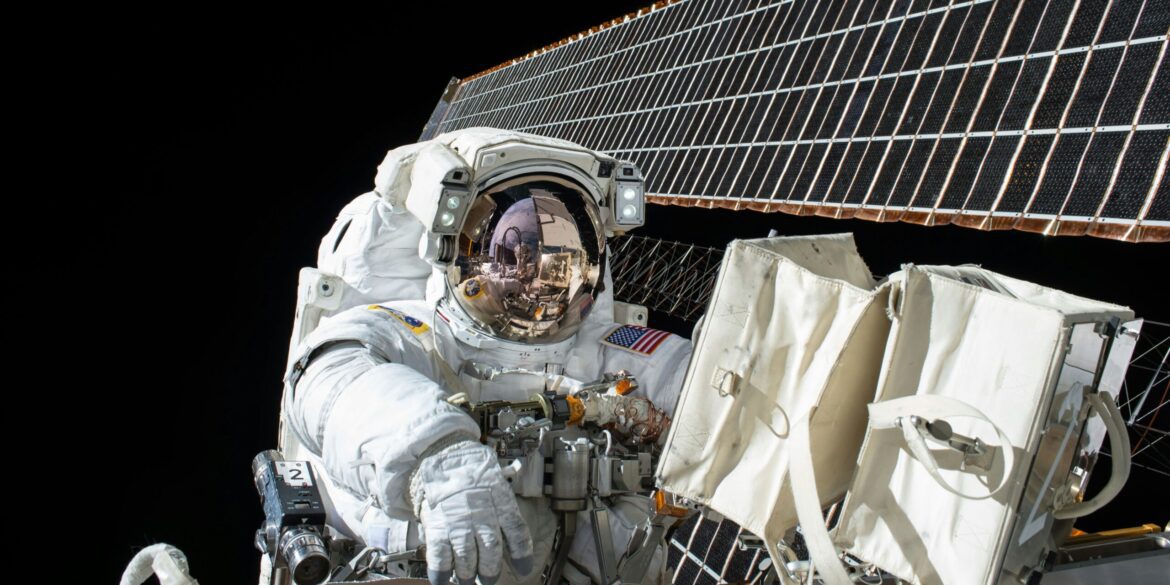NASA is set to significantly scale back its Earth science programs, according to a new directive announced by acting NASA Administrator, Sean Duffy. The shift in priorities comes as the space agency turns its focus more heavily toward deep space exploration, especially missions to the Moon and Mars. This marks a historic departure from the organization’s traditional balance of space exploration and Earth observation efforts.
For decades, NASA has been at the forefront of studying our planet, using satellites to monitor climate change, track severe weather patterns, and provide critical data for environmental management. The Earth science programs have played a vital role in providing insights into the impacts of global warming and guiding policy decisions on the climate crisis.
However, as Duffy explained in a recent statement, “The future of space exploration lies beyond Earth’s orbit, and it’s time for NASA to prioritize missions that will prepare humanity for life on other planets.” With increased funding directed towards the Artemis lunar missions, which aim to establish a permanent human presence on the Moon, and a continued push for Mars exploration, NASA’s decision reflects a broader shift in space policy.
NASA’s Decision Sparks Debate
The decision has sparked significant backlash from the scientific community, especially among climate scientists and environmental groups. Critics argue that reducing NASA’s focus on Earth science is a dangerous step backward in the global effort to combat climate change. Earth observation satellites, which have been integral to monitoring the health of our planet, are now under threat. Without continued investment, the loss of critical environmental data could impair scientists’ ability to predict and mitigate the effects of climate change.
Read also: NASA’s Europa Clipper Radar Instrument Proves Its Worth at Mars
The American Geophysical Union (AGU) released a statement expressing concern, highlighting that “NASA’s Earth science research plays an essential role in informing global climate action.” Environmental advocacy groups echoed similar sentiments, stressing the importance of maintaining the breadth of data that NASA provides to inform policymakers on climate-related issues.
NASA’s Commitment to Space Exploration
On the other hand, space exploration advocates welcome the new policy. They argue that the advancement of human space exploration is a necessary step for the future of mankind, particularly as we explore the potential for colonization on other planets. With the ambitious Artemis program aiming to land astronauts on the Moon and establish a sustainable base, the investment in deep space missions is seen as vital.
Experts point out that many of the technologies developed for space exploration, such as new propulsion methods, advanced robotics, and artificial intelligence, have led to unexpected breakthroughs in other fields. By focusing on these technologies, NASA aims to further human understanding of space and provide valuable spinoffs for everyday life.
The Path Forward for NASA
As part of this shift, NASA will focus on the next phases of its lunar missions, develop the infrastructure needed for long-term human habitation on the Moon, and prepare for eventual Mars missions. The agency has also outlined plans to expand its partnerships with private space companies, including SpaceX, which is expected to play a major role in ferrying astronauts to the Moon.
While the future of NASA’s Earth science programs may be uncertain, many within the space community believe this shift will ultimately push the boundaries of space exploration and open new avenues for scientific discovery.
Read aslo: NASA’s SpaceX Crew-10 Discusses Upcoming Return from International Space Station

